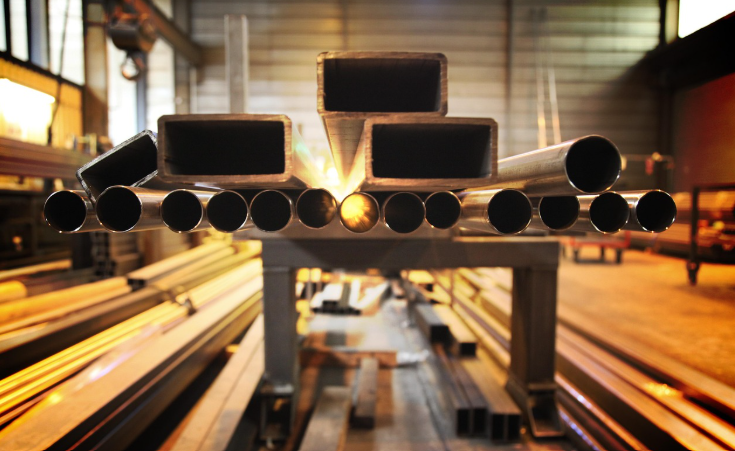When you’re in urgent need of funds, and your credit score isn’t where you’d like it to be, it can be tempting to look for a CIBIL‑free loan. Many lenders in India now advertise loans with “no credit checks” or “no CIBIL score required”, making them sound like an easy fix.
But before you apply, it’s worth understanding what such loans really involve, the risks they carry, and safer alternatives you might consider. In this blog, we’ll walk you through exactly that.
What Are No‑CIBIL‑Check Loans?
Let’s start with what these loans are. A no‑CIBIL‑check loan, often called a CIBIL‑free loan, is essentially a loan offered without the lender pulling your credit report from CIBIL or other credit bureaus.
In India, lenders typically assess your creditworthiness using your CIBIL score, which ranges from 300 to 900. If your score is low, you might find it hard to qualify for a standard loan. That’s where no‑CIBIL‑check loans come in — lenders bypass your credit history and approve your loan based on other factors like income, bank statements, or even just your Aadhaar and PAN.
These loans are often targeted at young professionals, self‑employed individuals, and first‑time borrowers who haven’t yet built a credit history.
Why Do Borrowers Opt for No‑CIBIL‑Check Loans?
Now you might wonder: why are these loans so popular despite being relatively expensive? The appeal lies in their simplicity and speed.
For one, the approval process is often instant or same‑day, with minimal documentation. Borrowers with no credit record, a low CIBIL score, or an irregular income find these loans accessible when traditional banks say no.
Additionally, when you’re facing a medical emergency, urgent home repair, or any other unexpected expense, the quick disbursal of a CIBIL‑free loan can seem like the perfect solution. However, that convenience comes at a price, and it’s important to know what you’re signing up for.
The Hidden Risks of No‑CIBIL‑Check Loans
While the idea of a CIBIL‑free loan may seem attractive, it’s important to be aware of the downsides. Without proper caution, you could find yourself in a debt trap.
- Higher Interest Rates: Since lenders are taking on higher risk by not checking your credit, they often charge significantly higher interest rates compared to traditional loans. This can make repayment much costlier than you might expect.
- Unregulated Lenders: Many companies advertising CIBIL‑free loans operate outside the regulatory purview of the RBI. Borrowing from unregistered entities can expose you to unfair terms and poor customer protection.
- Impact on Credit Health: You might assume that because no CIBIL check was performed, your credit score isn’t affected. In reality, if you miss payments, lenders can still report delinquencies to credit bureaus, damaging your credit further.
- Aggressive Recovery Practices: There have been instances where unregulated lenders resort to unethical recovery tactics, including harassment and threats.
- Data Privacy Concerns: Finally, many apps and lenders collect personal data without adequate safeguards. This can lead to the misuse of sensitive financial and personal information.
Given these risks, it’s wise to explore safer alternatives before choosing a no‑CIBIL‑check loan.
Safer Alternatives to No‑CIBIL‑Check Loans
Just because your credit history is weak or non‑existent doesn’t mean you’re out of options. Here are some alternatives that might suit you better.
- Secured Loans: If you can provide collateral — such as a fixed deposit, gold, or property — lenders are more willing to approve a loan at a lower interest rate.
- Credit Builder Loans: Some lenders now offer small loans specifically designed to help you build a credit history. These come with manageable repayment terms.
- Co‑applicant or Guarantor Loans: Applying with a co‑applicant who has a good credit score increases your chances of approval and could get you a better rate.
- Salary Advances or Employer‑Tied Schemes: Check if your employer offers salary advance facilities, which are usually cheaper and quicker than external loans.
- Borrowing from Recognised NBFCs: If you do opt for a CIBIL‑free loan, choose an RBI‑registered NBFC with transparent terms and clear repayment schedules, ensuring you’re not at the mercy of predatory practices.
These options can give you the funds you need without exposing you to unnecessary risks.
How to Improve Your CIBIL Score for Future Borrowing
Of course, the best long‑term solution is to improve your credit score, so you won’t need to depend on high‑risk products. This takes time, but it is worth the effort.
Start by using small credit responsibly and paying on time. Keep your credit utilisation low and avoid applying for too many loans at once. Regularly check your credit report to catch and correct any errors. Over time, these habits will help you build a strong financial foundation and open up more affordable credit options.
Summing Up
No‑CIBIL‑check loans may seem like an easy way out when you’re short on cash and low on credit. But it’s important to look beyond the quick approval and understand the potential risks to your finances, credit health, and privacy.
Instead of rushing into risky loans, consider safer alternatives like secured loans, credit builder options, or regulated CIBIL‑free loan providers who offer more transparent and ethical lending practices. With informed decisions and some discipline, you can manage your immediate needs today while building a strong credit future for tomorrow.






